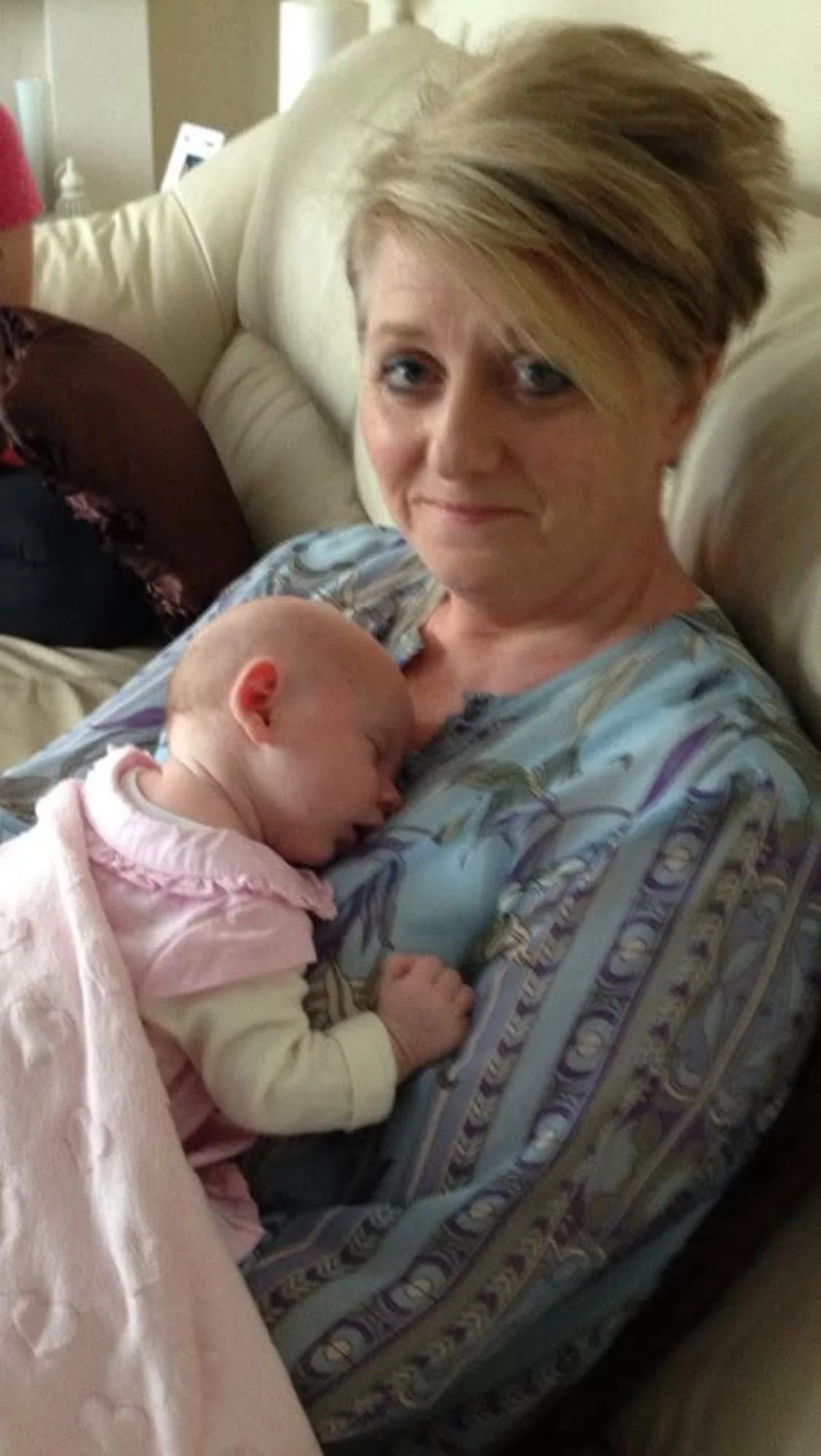If only I had known-Human Gestation and the “Fourth Trimester”
I’ve held and soothed many babies in my adult life — my own two girls, and many foster babies. Some were newborns straight from hospital, and even one tiny 4lb premature, drug-exposed baby. That feeling of them, warm against my chest, curled up tight in that foetal position… I so wish I had understood this sooner.
Time and again, we would let them lie against us, warm and safe, but always waiting for the first opportunity to move them to their pram or cot. Thinking of all the other, more important things that needed to be done. I didn’t understand the importance. If I had, I would have held them longer — without the guilt and fear that too much holding and soothing would create a ‘spoiled’ baby.
The nights I’ve paced the floor with screaming babies, exhausted, overwhelmed and hopeless… I hadn’t known that they were feeding off my stress, that my own nervous system was part of the problem. If only I’d known the power of breathing and co-regulation.
It’s especially painful to reflect on how much my postnatal depression with my youngest will have affected. the connection and bonding that, through no fault of my own, was disconnected — that loss of closeness and security weighs heavily on me, even now.
So here is the Evolutionary Neuroscience and Psychology on this that is now available
Human babies are born far less developed than most other mammals. For example, a newborn horse can stand and walk within hours, while human infants can’t support their own heads or move independently for months. This difference has a lot to do with evolutionary trade-off.
🔥 Why Human Babies Are Born “Early”
1. Big Brains, Narrow Hips
• Humans evolved large brains to support complex thinking and social behavior.
• But as we began walking upright (bipedalism), our pelvises narrowed to make walking efficient.
• This means that if a human baby’s head grew much larger in the womb, it couldn’t pass safely through the birth canal.
• So, human babies are born earlier in their neurological development — before their brains and nervous systems are fully matured.
2. Exterogestation (“Outside-the-Womb Gestation”)
• Because of this, the first 9–12 months after birth are often considered a continuation of gestation — but now outside the womb.
• During this period, babies need constant closeness, regulation, and physical contact to complete this stage of development.
• Skin-to-skin contact, being carried, rocked, and fed on demand all replicate the sensory environment of the womb — warmth, rhythm, movement, and heartbeat sounds.
🫶 The Importance of Closeness and Skin-to-Skin
Research in developmental neuroscience and attachment theory shows that close physical contact:
• Regulates the baby’s heartbeat, breathing, and temperature
• Reduces stress hormones (cortisol)
• Promotes the release of oxytocin, the bonding hormone, in both parent and baby
• Supports brain development, particularly in areas related to emotional regulation and social connection
• Builds the foundations for secure attachment
This is why practices like babywearing, co-regulation, and responsive caregiving are so beneficial — they meet the biological expectation of continued contact that human infants evolved to need.
🌍 In Context with Other Species
• Most mammals are born in one of two categories:
• Precocial species (like deer, horses, guinea pigs): Born relatively mature and mobile.
• Altricial species (like mice, birds, and humans): Born helpless and dependent.
• Humans are extremely altricial, even compared to other primates. A baby chimp, for instance, can cling to its mother’s fur from birth — something a human newborn can’t do.
If only I had known, I could have sat with them longer, cuddled closer, calmer and more regulated, breathing, breathing, breathing. Building that crucial brain development and co-regulation. I wish I’d known that nothing is more important than this, especially in those first six months. 💕
I can’t go back and change it. We don’t get a do-over. But what I can do, with a deeper understanding of trauma and connection, is offer that now. I can try and meet my older children in their regressed moments, and hold and soothe them. Listen and validate where possible, stroke their hair when they lay their head on my shoulder. Calm my own fear and choose to co-regulate. But I’m only human. I will fail sometimes, and that’s okay. Because it’s in these moments of imperfection that I create opportunities for that all important repair — and that’s where the real healing and brain development happens.


